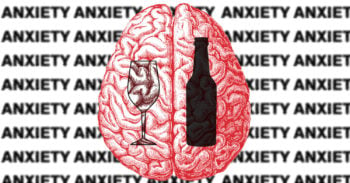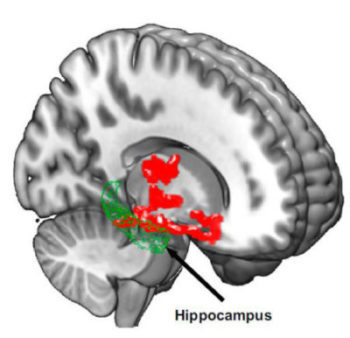Understanding How Alcohol Policies Impact Public Health
Supporting research to inform the development and implementation of alcohol policies and to evaluate their effectiveness has been an important priority of the National Institute on Alcohol Abuse and Alcoholism (NIAAA) for many years. Alcohol policy represents a broad approach for intervening with alcohol misuse and related problems that can affect all individuals within a … Read more





